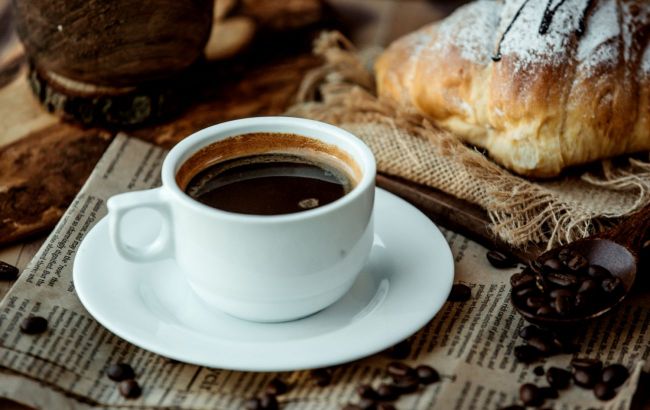Coffee with flavors harmful or not - Experts' answer
 What you need to know about flavored coffee (photo: Freepik)
What you need to know about flavored coffee (photo: Freepik)
In recent years, store shelves have been filled with an increasing variety of flavored coffee. The range is impressive - with nutty flavors, fruityberry notes, or even hints of liqueur. However, have you ever wondered what exactly manufacturers add during the production of such coffee to achieve the desired aroma? The answer to this question provides Yaskrava kava on Instagram.
The aroma of coffee: What factors influence it
"How can coffee have the aroma of chocolate, cherry, or citrus? Let's clarify right away that all the richness of the flavor and aroma palette of a coffee bean is established during its growth and ripening. Climate, soil, altitude at which the coffee tree grows, and even the air - all of these factors determine the future flavor and aroma of the bean," explain the experts.
They note that this aroma is fully revealed during the roasting process.
"The art of roasting lies in understanding the nuances of approaching the coffee bean. It's a special skill to extract its aroma, flavor, and unveil the natural taste bouquet. The key is to choose the right type and duration of roasting," says Yaskrava Kava.
The same raw material, if improperly roasted, can either gain or lose its unique array of aromatic oils.
Do coffee manufacturers use imitation flavorings
"Nowadays, despite what coffee producers may claim, coffee flavorings can only be chemical. They contain aromatic compounds mixed with solvents like propylene glycol. French vanilla, hazelnut, cinnamon, peanut - all of these sound quite natural but in reality have nothing to do with real ingredients," experts point out.
They explain that "Irish cream" is not a liqueur but rather consists of ethyl alcohol, dimethylamine, formamidine acetate, alpha-methyl benzyl, and heliotropin. These are typically used in making perfumes and soap.
"Instead of peanut, you're enjoying 2,4-dimethyl-5-acetylthiazole or 2,5-dimethylhydrazine. Other types of flavored coffee can contain up to 80 different chemical compounds," warn experts.
To combine the beans and flavorings, the prepared syrup is poured onto the coffee beans after roasting and mixed to ensure even coverage.
"For the production of flavored coffee, the highest quality and oldest beans are usually chosen because their flavor will still be noticeable amidst the flavorings. Of course, the taste bouquet of natural coffee is much finer than artificial; it doesn't overwhelm the taste receptors in the same way," says Yaskrava Kava.

